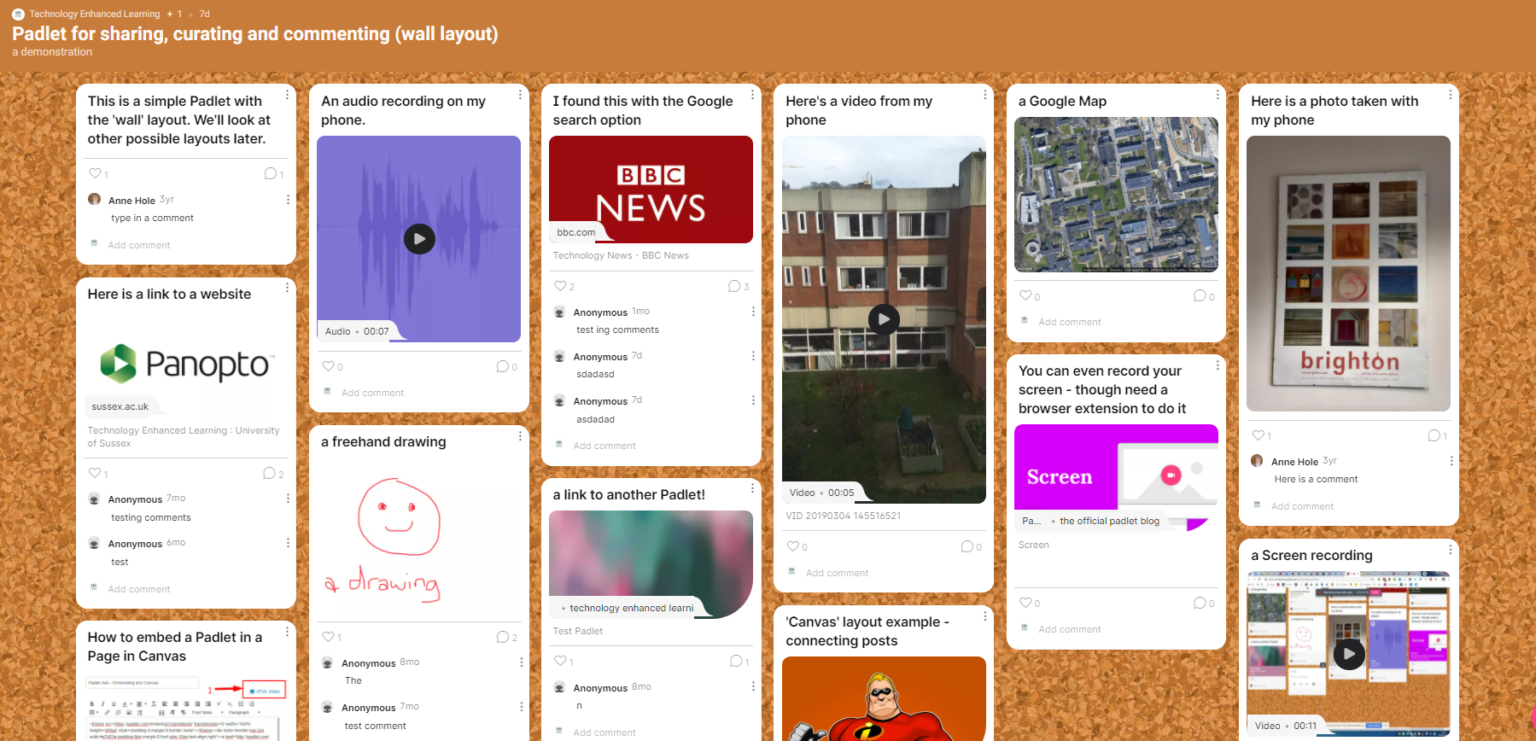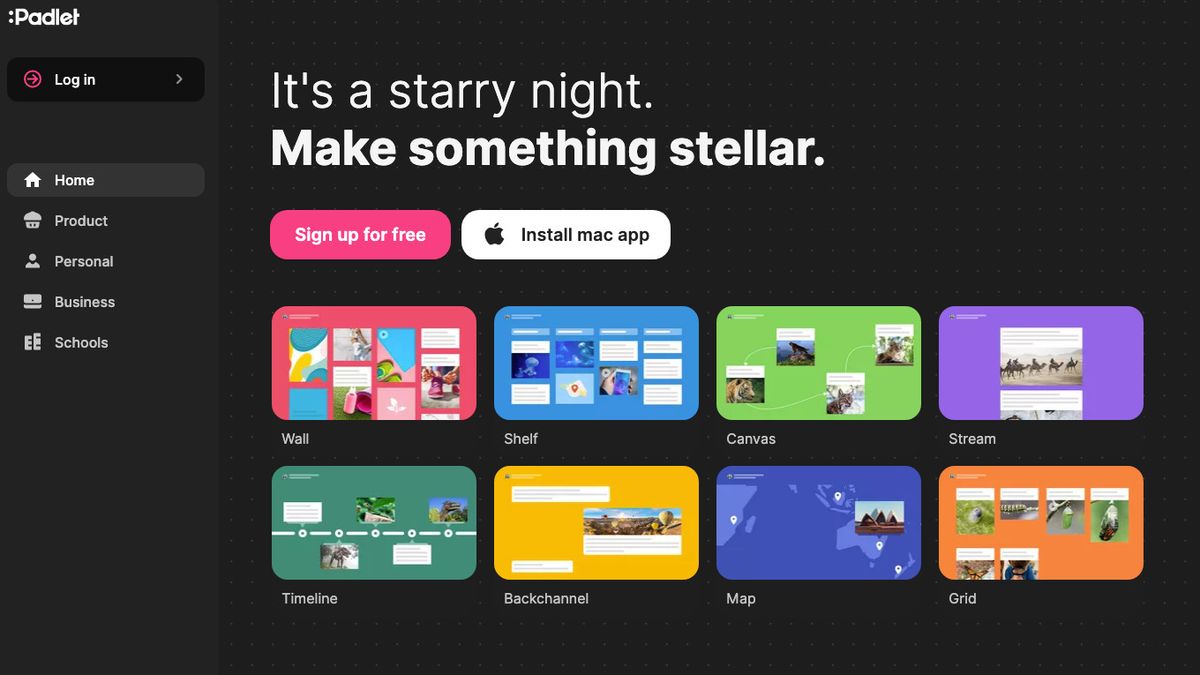Padlet People Over Papers - Community Watch
In many neighborhoods, a shared sense of caring for one another truly makes a difference, particularly when people feel a little uncertain about what is happening around them. It is that feeling of looking out for neighbors, of keeping an eye on things, that helps build a stronger, more connected place for everyone. This kind of mutual support, you know, it just helps people feel a bit safer and more informed, which is really what community is all about.
When situations arise that might cause worry, having a way to quickly share what is happening can be incredibly helpful. People often seek out ways to communicate important details with those nearby, so they can be ready or perhaps offer help. This need for timely, local updates is something many groups try to address, making sure that information flows freely among those who need it most. It is, in some respects, about empowering individuals with knowledge that can protect their families and friends.
This is where platforms that allow community members to contribute their observations come into play, providing a way for people to share what they see and hear. One such effort, known as "Padlet People Over Papers," offers a way for individuals to report and view happenings related to federal immigration activity in their local areas. It is, basically, a digital space where shared sightings help create a broader picture for the public, acting as a resource for collective awareness.
- Spicy Indian Porn Videos Your Ultimate Destination For Hot And Sizzling Action
- See The Best Viral Video Porn Stars You Never Seen Before
- Discover The Unveiled Net Worth Of Business Magnate Hakan Sabanci
- Subhashree Sahu Exclusive Mms Video Leaked Online
- Uncover The Secrets Explore The World Of Onlyfans Leaked Content
Table of Contents
- What is the idea behind Padlet People Over Papers?
- How Does Padlet People Over Papers Work?
- The Impact of Padlet People Over Papers
- A Collective Effort with Padlet People Over Papers
What is the idea behind Padlet People Over Papers?
The core idea behind "Padlet People Over Papers" is to provide a place where people can contribute observations and help inform others about specific activities in their areas. It is, in a way, a collective effort to gather information that might be important for community safety and awareness. The platform came to be, according to one user on a social media site, not too long ago, going live on the digital space Padlet just last week. This means it is a relatively new tool, but one that seems to be gaining attention for its straightforward purpose. Its main goal is to collect information about certain sightings, submitted by the public, with the intention of making people aware and spreading information.
How does Padlet People Over Papers help people?
This platform helps people by offering a way to share and receive important local information. It is like a community notice board, but for very specific and sensitive topics. For instance, there is a map that gathers details on reported sightings of certain operations and detentions in the United States. This map helps to visualize where these events might be happening, giving people a general idea of activity patterns. Beyond that, there are other tools that work alongside such efforts, like an app from the ACLU called "Mobile Justice," which allows people to record video and send it to their local ACLU chapter. This, you know, gives individuals a direct way to document and share what they see. The overall aim is to make sure people have access to information that can help them understand their rights, especially for immigrant communities. There is even a resource called "Know Your Rights 4 Immigrants," which is part of this broader movement to keep people informed.
How Does Padlet People Over Papers Work?
"Padlet People Over Papers" functions as an anonymous reporting website. This means that individuals who notice federal immigration activity in their area can submit what they have seen without revealing their identity. The platform then makes these sightings available for others to view, basically sharing this information with the public. Users are able to send in photos and videos of suspected activity. They also provide various details, like the time and date when the event happened, the specific location, what kind of activity it was, and even descriptions of any uniforms or equipment they observed. So, it is a pretty clear process for submitting information, allowing for a good amount of detail to be included.
- Unveiling The Meaning Of A Dead Cardinal In Designated Survivor A Divine Omen Or A Political Crisis
- The Comprehensive Guide To Deep Hot Linking Techniques And Best Practices
- Enthralling Sensual Videos A Journey Into Pleasure And Desire
- Msm Viral Why Its Going Viral And How It Can Help You
- The Ultimate Guide To Rulz 2024 Unlocking Success In The Future
What kinds of information are shared on Padlet People Over Papers?
The information shared on "Padlet People Over Papers" typically includes visual evidence like photos and videos, along with written accounts. For example, some submissions might involve a reported sighting of a federal immigration vehicle near a popular shopping center in a specific county. Other reports could be a picture of a text message conversation that describes a suspected operation happening in a warehouse. These examples show the range of content that people contribute, from direct observations to indirect reports passed through other means. It is worth noting that these reports are not confirmed by the platform itself; they are, however, looked over by a group of people who help manage the site. This review process helps ensure that the information shared is relevant to the platform's purpose, though it does not verify the truthfulness of each individual report.
The Impact of Padlet People Over Papers
The impact of a platform like "Padlet People Over Papers" can be felt in the way it creates a shared pool of information, allowing communities to be more aware of what is going on around them. It provides a means for people to contribute to a collective understanding of events that might affect their daily lives. The very act of sharing a sighting, even if it is just a picture or a quick note, adds to this broader picture. This kind of shared awareness can, you know, help people feel a bit more prepared or less isolated when situations arise that cause concern. It is about empowering individuals with information that comes directly from their neighbors and community members.
What are some real-world stories from Padlet People Over Papers?
There are actual situations that highlight why a resource like "Padlet People Over Papers" can be important. For instance, there was a morning when people living in North Durham felt a good deal of worry after an operation by immigration officials led to the detention of three men from India. These men were living in a neighborhood close to a local museum. This event, you see, caused a lot of unease in the area. Adding to that concern, there had been recent reports of a vehicle that looked like an immigration truck, but was actually fake, seen driving around stores often visited by Hispanic community members in Durham. These kinds of sightings and events create a real need for ways to share information quickly and widely, helping to ease some of that worry by keeping people informed about potential activity.
A Collective Effort with Padlet People Over Papers
The existence of "Padlet People Over Papers" speaks to a desire for collective action and mutual support within communities. It is, in a way, a grassroots effort, meaning it comes from the people themselves, aiming to keep immigrant communities informed about their rights and what is happening in their surroundings. The success of such a platform relies on people actually using it and sharing their observations. It is a tool for solidarity, allowing individuals to stand with others who are working to protect their communities and ensure everyone feels a sense of belonging and safety. This collaborative approach is what truly gives the platform its ability to be helpful.
How does Padlet People Over Papers foster community care?
"Padlet People Over Papers" fosters community care by giving people a means to contribute to a shared understanding of their local environment. By allowing users to submit photos and videos of suspected activity, along with details like time, date, and location, it creates a pool of information that can be accessed by others. This ability to report local sightings helps spread the word, allowing community members to be more aware of what is happening nearby. It is, you know, a way for people to look out for each other, offering a kind of early warning system. The very act of sharing this resource, as one person mentioned, is about helping others stay informed and connected, which really is a foundational part of community support.
So, what we have here is a tool, "Padlet People Over Papers," that helps people share local observations, especially concerning federal immigration activity. It provides a map to collect these sightings, allowing for a broader view of events. The platform accepts photos and videos, along with specific details, which are then reviewed by a team of moderators. While these reports are not officially confirmed, they serve to inform the public and raise awareness, acting as a resource for communities to stay updated on what is happening in their areas. This initiative, you see, supports a broader movement focused on informing immigrant communities about their rights and fostering a sense of collective care.
- The Latest Scoop John Cusacks Love Life In 2024
- Exclusive Scandal Beauty Khans Leaked Mms Video Surfaces
- Essential Farm Tools And Their Names A Comprehensive Guide
- The Ultimate Guide To Morgpies Unlocking Their Fascinating Secrets
- David Leons Expertise In Legal Partnerships

Padlet: saiba o que é, como usar e organize sua rotina!

What’s new in Padlet? - Educational Enhancement

What is Padlet and How Does It Work? Tips & Tricks | Tech & Learning